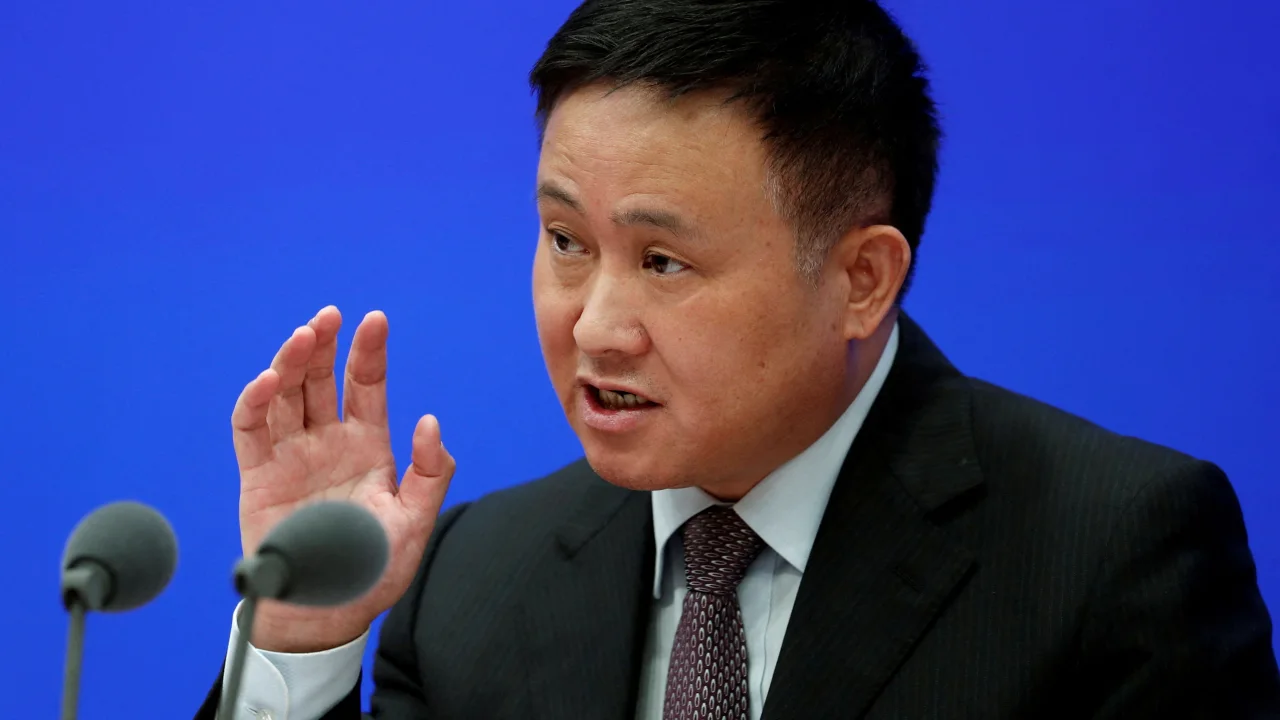China’s new central bank governor faces daunting tasks

According to a government statement late Tuesday, Pan Gongsheng was appointed governor of the People’s Bank of China (PBOC). He managed the world’s largest foreign exchange reserves for seven years and was credited with halting a slide in the yuan currency value in 2016.
As China’s longest-serving central banker Zhou Xiaochuan stepped down after 15 years in office, Yi Gang took over.
This appointment comes shortly after Pan was appointed Communist Party chief of the PBOC earlier this month, a surprise move that analysts said underscored Beijing’s urgency to boost the economy and stem the slide in the yuan.
60-year-old Pan, who has experience in financial regulation and commercial banking, is a technocrat. A PhD in economics from Renmin University of China, he also received training at Cambridge University and Harvard University.
As head of China’s foreign exchange regulator since 2016, he manages currency reserves worth $3.18 trillion and previously served as a deputy governor of the PBOC.
In addition to limiting contagion from the property market and local governments’ debt problems, Pan will also need to attract foreign investors to China’s financial markets and create a stable exchange rate regime.
Despite its post-Covid recovery fizzling out and soaring debt levels, China’s economy is at a critical crossroads.
It is the aim of Chinese leader Xi Jinping to strengthen the growth of the economy.
As part of an effort to support the economy in the second half of this year, Xi hosted a closely watched meeting of the Politburo, China’s top decision-making body.
The government promised to boost spending on automobiles, electronic products, and home furnishings, as well as on sports, leisure, culture, and tourism services.
Xinhua news agency published a readout from the meeting that said the group would also tackle unemployment and lend more support to the property sector.
Ken Cheung, chief Asian foreign exchange strategist at Mizuho Bank, said the long-awaited Chinese Politburo meeting confirmed a slowdown in the economy and a change in property policy.
The meeting reiterated the need to reinforce counter-cyclical policy adjustments and proactive fiscal policy, as well as to boost investor confidence and activate the capital markets.
